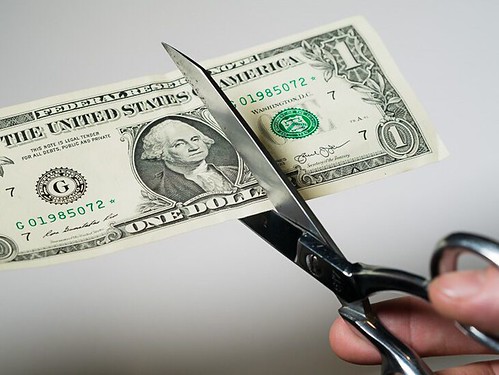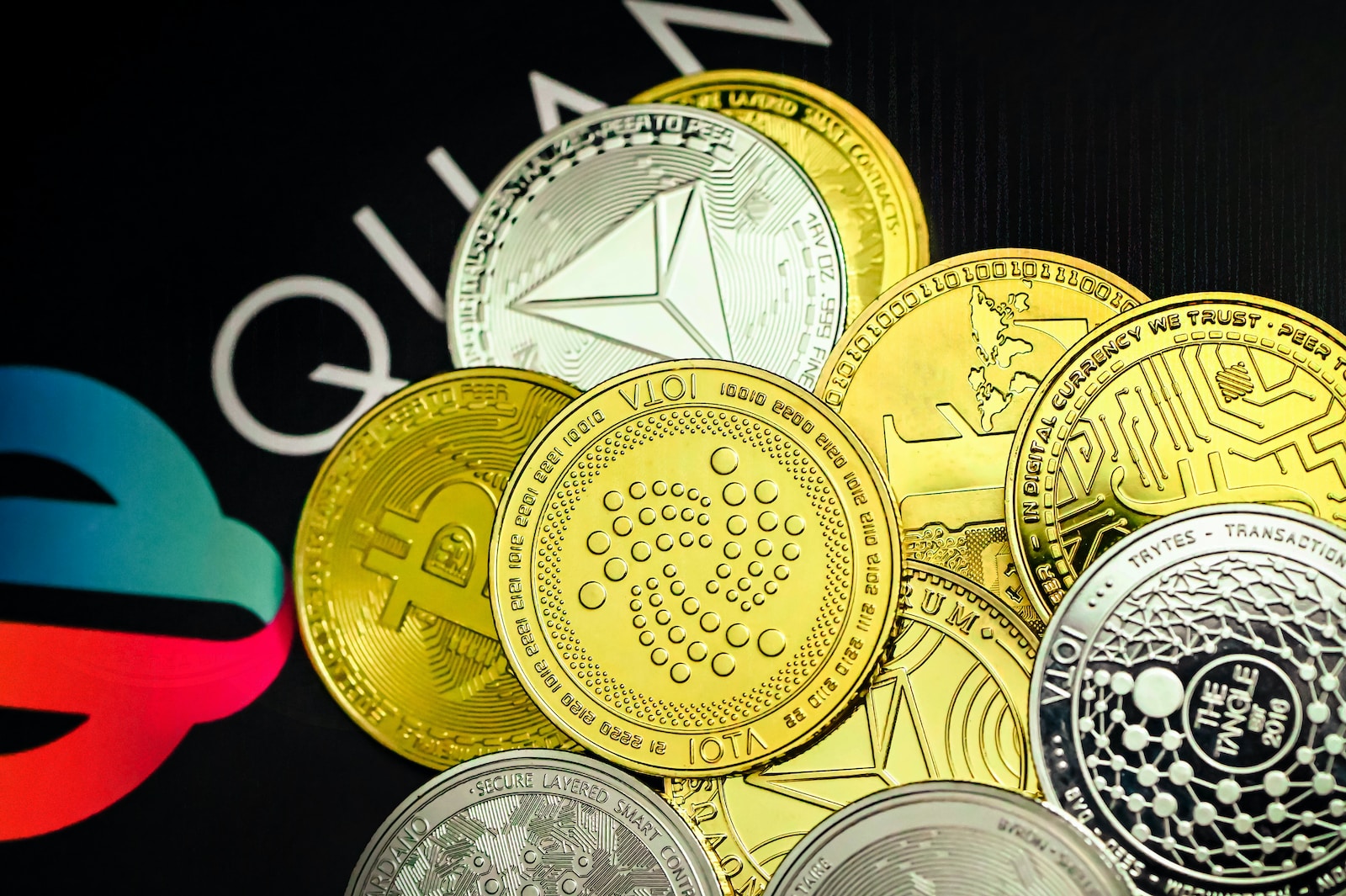Hello, fellow ethical spenders! I’m Sarah Thompson, and I’ve been sharing insights on responsible financial choices for four years now. Today, we’re delving into a topic that often finds itself at the crossroads of financial necessity and moral dilemmas: bankruptcy and debt relief solutions. So, grab your favorite beverage, get comfortable, and let’s explore the ethics surrounding these financial decisions.
The Balancing Act
Life has a way of throwing unexpected curveballs at us. Whether it’s medical bills piling up, job loss, or simply overspending, many of us find ourselves grappling with mounting debts at some point. In such dire situations, bankruptcy and debt relief solutions can serve as a lifeline. But here’s the tricky part – is it ethical to use them, and if so, when and how?
The Ethical Quandary
First things first, let’s define ethics in the context of finances. Ethical spending isn’t just about pinching pennies and saving the environment by using reusable bags (although that’s commendable too!). It’s about making choices that align with your values, while also respecting the rights and interests of others. This is where bankruptcy and debt relief solutions come into play.

Bankruptcy: A Second Chance
Bankruptcy often carries a stigma, but it’s essential to understand that it’s a legal process designed to give people a fresh start when they’re overwhelmed by debt. When considering bankruptcy, it’s important to weigh the ethical pros and cons:
Pros of Bankruptcy:
Debt Repayment: By filing for bankruptcy, you’re acknowledging your debts and taking steps to repay them, albeit in a structured manner.
Protection for Assets: Bankruptcy can help you protect certain assets from being seized by creditors, ensuring you have some stability post-bankruptcy.
Fresh Start: It provides a chance to rebuild your financial life, learn from past mistakes, and make more ethical financial decisions moving forward.
Cons of Bankruptcy:
Credit Impact: Bankruptcy will negatively affect your credit score for some time, making it harder to access credit in the future.
Loss of Assets: Depending on the type of bankruptcy, you may lose some assets, which could be seen as an ethical issue if you’re trying to protect valuable possessions.
Stigma: There’s still a social stigma associated with bankruptcy, which might affect your self-esteem and relationships.
Debt Relief Solutions: A Kinder Approach
If bankruptcy isn’t an option or doesn’t sit well with your values, there are alternative debt relief solutions that may offer a more ethical path to financial recovery. Some of these include:
Debt Consolidation: Combining your debts into a single manageable loan with a lower interest rate can help you pay off your debts more efficiently.
Debt Management Plans: These plans, often offered by non-profit credit counseling agencies, help you negotiate with creditors for lower interest rates and more favorable terms.
Debt Settlement: A negotiated agreement with your creditors to pay less than the total amount owed can be a viable option, but it may have tax implications.
Financial Counseling: Seeking guidance from a financial counselor can help you create a budget and learn better money management skills.
The Ethical Considerations
Now that we’ve laid out the options, let’s talk about the ethics involved.
Honesty and Transparency: Whatever path you choose, it’s crucial to be honest and transparent about your financial situation. This includes providing accurate information to creditors, lawyers, or financial advisors.
Responsibility: Taking responsibility for your debts, even if it means opting for bankruptcy, is an ethical choice. Avoiding debt or trying to hide from it can lead to more significant financial problems down the road.
Minimizing Harm: Consider the impact of your choices on others, such as co-signers or family members. Bankruptcy may affect them too, so it’s important to minimize harm where possible.
Long-Term Perspective: Think beyond immediate relief. How will your choices today affect your financial future? An ethical approach considers not just the present but the long-term consequences of your actions.

The Real-Life Dilemma
Let’s dive into a real-life scenario to illustrate the ethical dilemmas surrounding bankruptcy and debt relief.
Meet Alex, a single parent who lost their job during the pandemic. With mounting medical bills and no income, Alex is drowning in debt. They’re considering bankruptcy to get a fresh start, but they’re concerned about the impact on their credit score and the stigma attached to bankruptcy.
In this situation, the ethical choice might involve seeking financial counseling first to explore alternative options like debt management plans or debt consolidation. These methods can help Alex regain control of their finances without resorting to bankruptcy, which should be considered a last resort.
Conclusion
The ethics of bankruptcy and debt relief solutions are not one-size-fits-all. They depend on your individual circumstances, values, and the impact of your decisions on others. It’s essential to approach these financial choices with honesty, responsibility, and a long-term perspective.
Ultimately, the goal should be financial recovery and responsible spending. Whether you choose bankruptcy or opt for alternative debt relief solutions, remember that making ethical financial decisions is about finding a balance between your immediate needs and the impact on your future financial well-being. So, weigh your options carefully, seek professional advice when needed, and chart a path towards financial stability that aligns with your values. After all, that’s what ethical spending is all about – making choices that allow you to thrive while respecting the rights and interests of others.

































